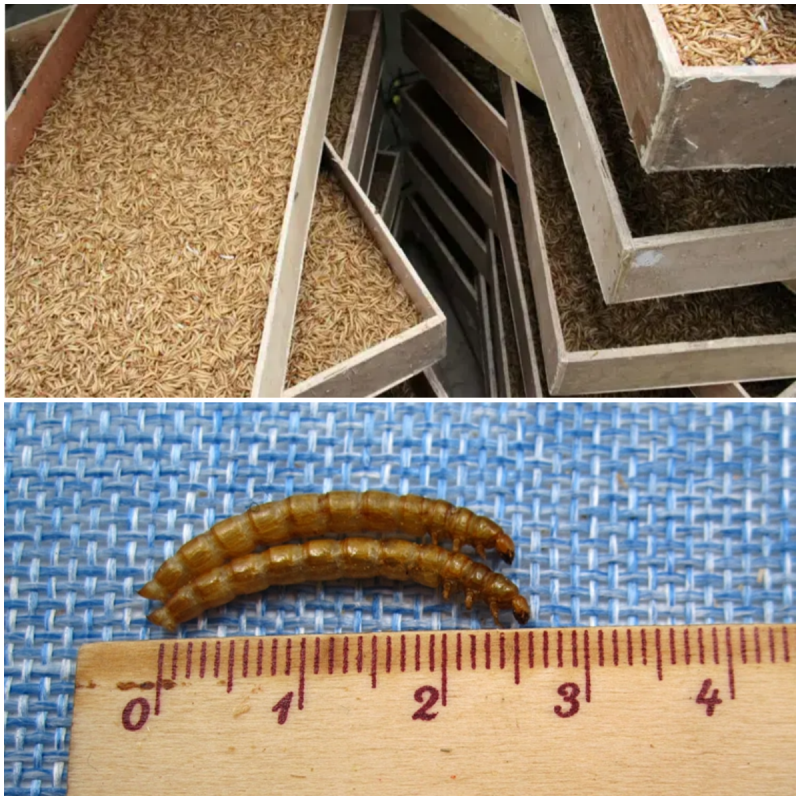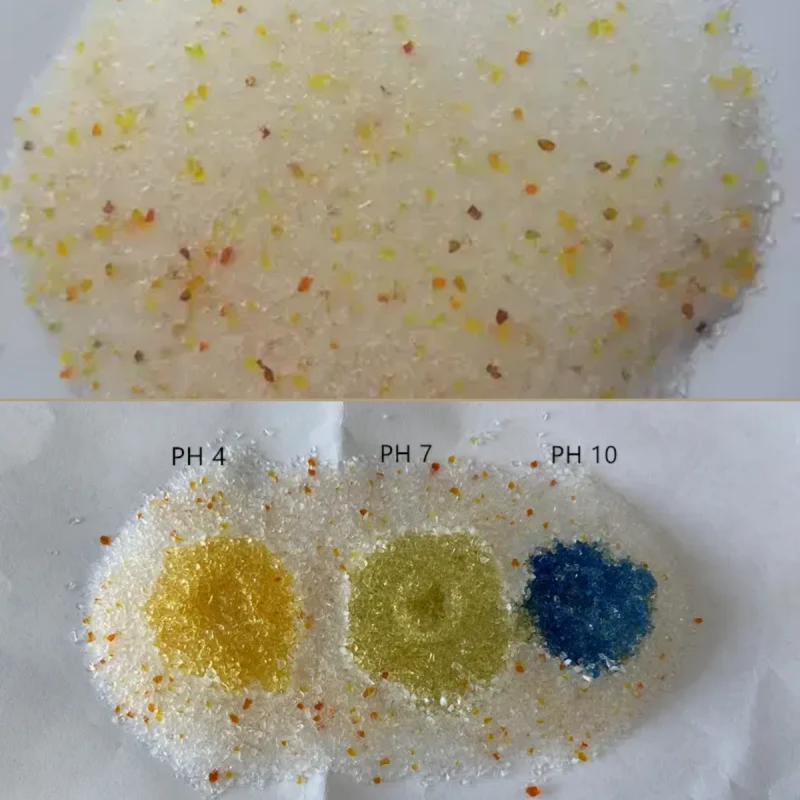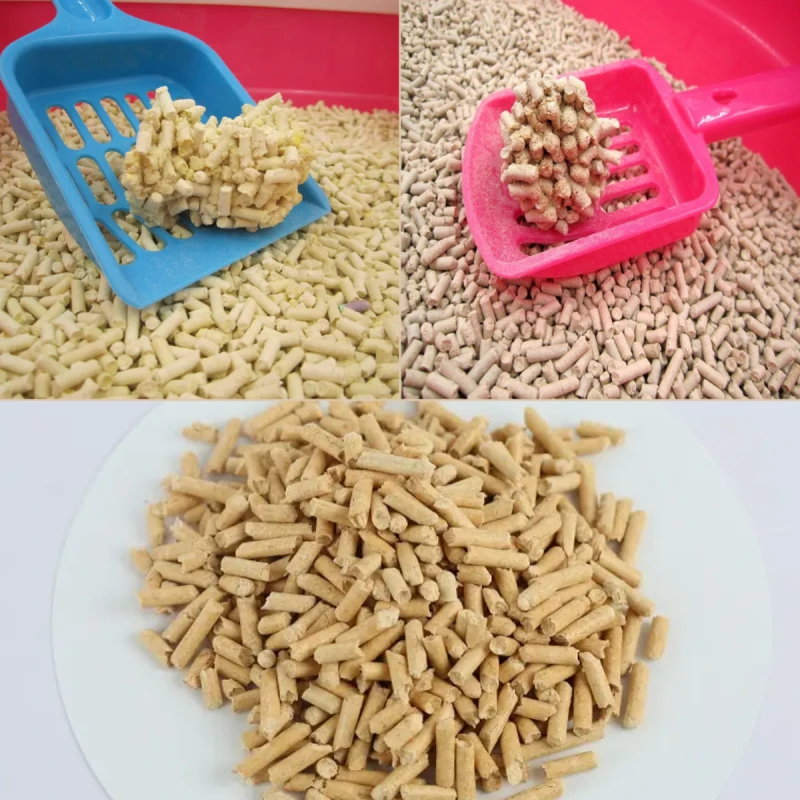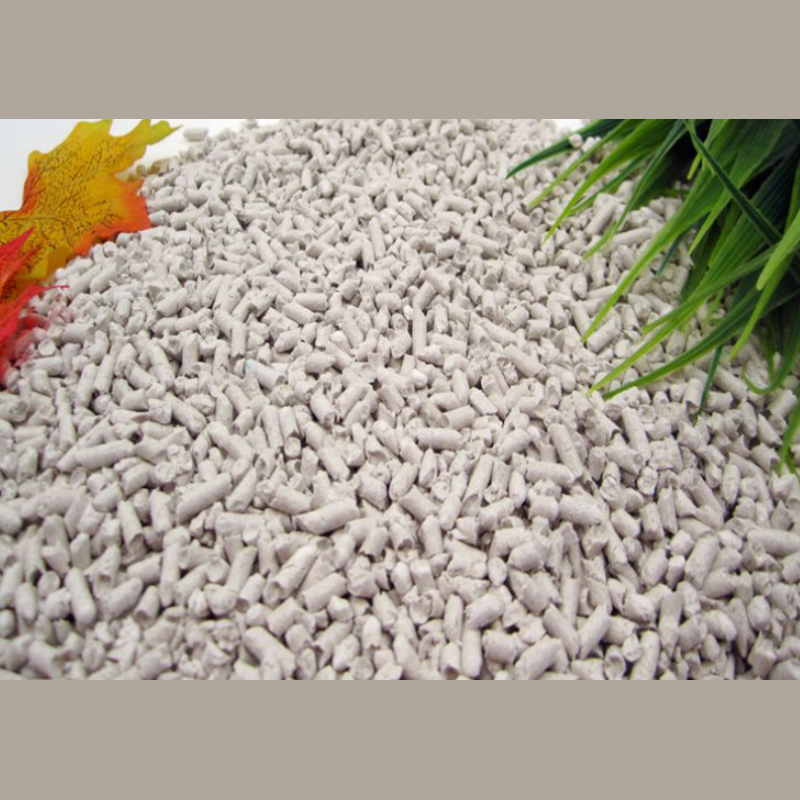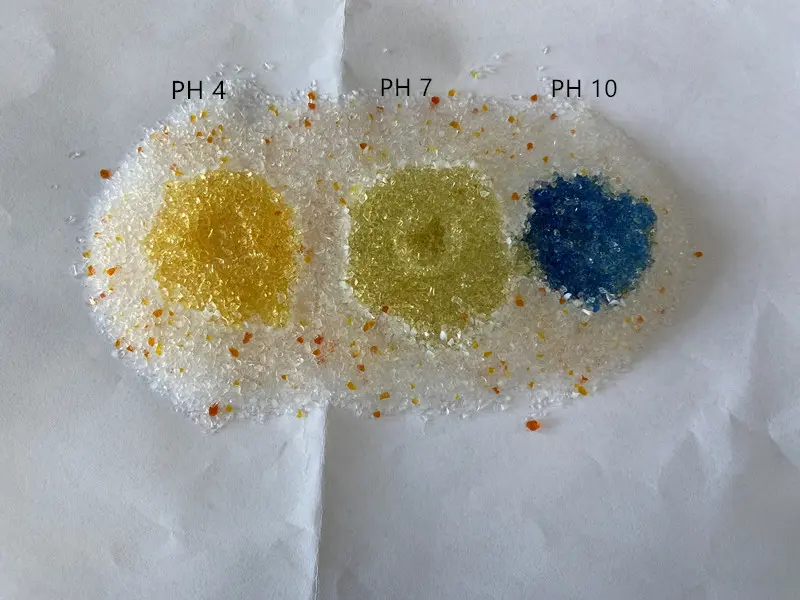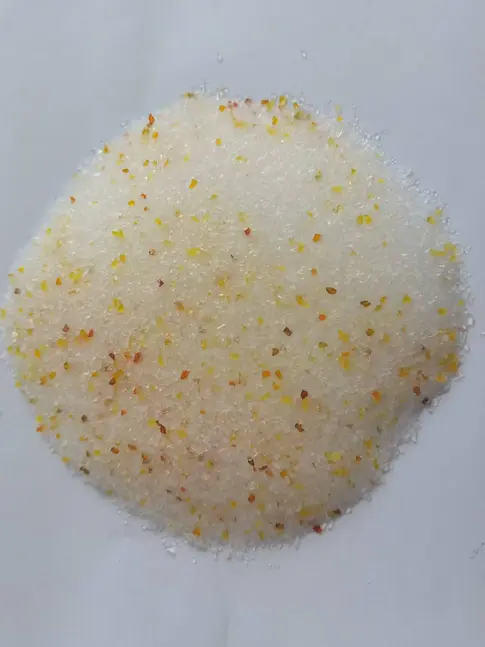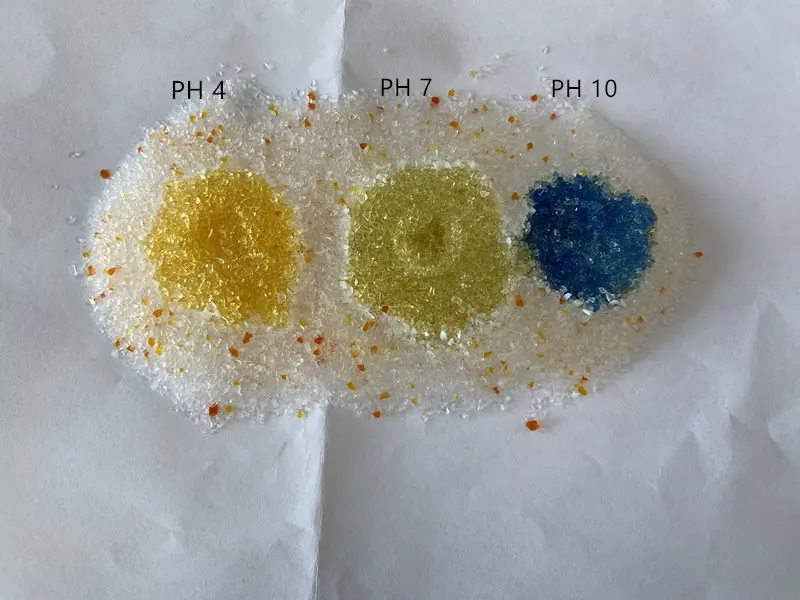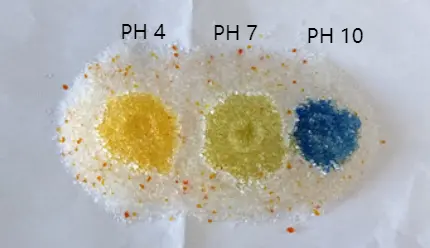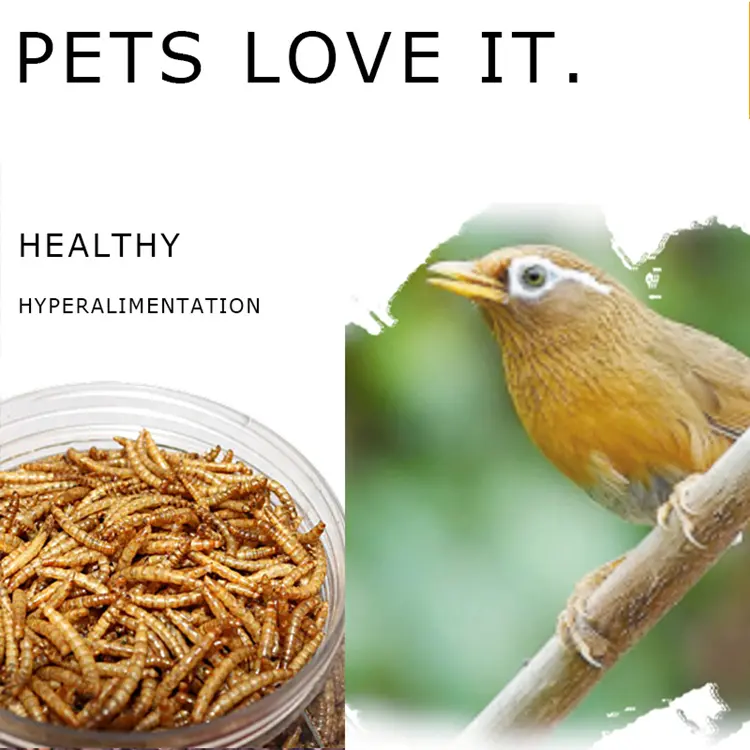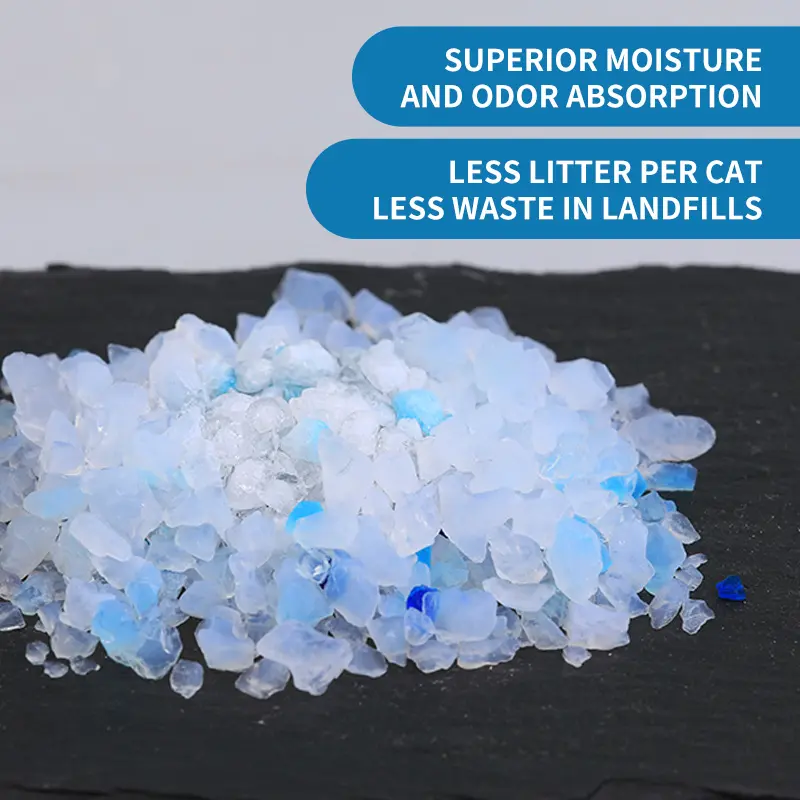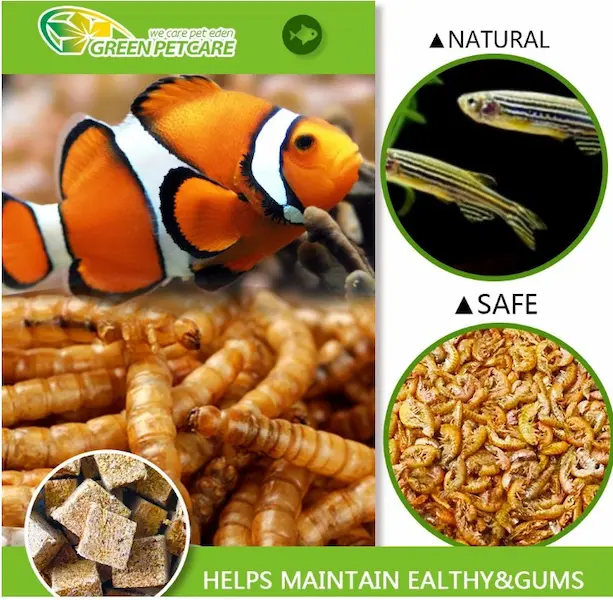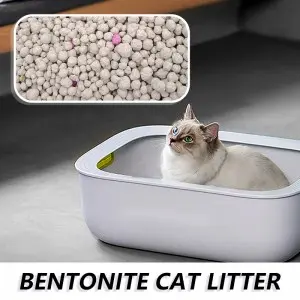Introduction
Dried mealworms have become a versatile and highly nutritious food source widely used across different sectors — from pet nutrition and wildlife feeding to aquaculture and even organic farming. As the global demand for sustainable protein sources continues to grow, mealworms (the larvae of the beetle Tenebrio molitor) have gained attention for their high protein content, long shelf life, and eco-friendly production.
This article explores what dried mealworms are used for, backed by research data, nutritional analysis, and practical applications. It also includes data tables summarizing nutritional value and global market trends — concluding with how Green Pet Care Co., Ltd. can provide top-quality mealworms and other pet products.
What Are Dried Mealworms?
Mealworms are the larvae stage of the darkling beetle (Tenebrio molitor). After harvesting, they are cleaned, dried, and packaged — resulting in a protein-rich, long-lasting feed source.
Unlike live mealworms, dried mealworms offer convenience, stability, and easy storage, which is why they’re popular among pet owners, bird enthusiasts, and aquaculture professionals.
Nutritional Composition of Dried Mealworms
| Nutrient | Average Content (per 100g) | Comparison to Other Feeds |
|---|---|---|
| Protein | 50–60% | Higher than most plant proteins |
| Fat | 25–30% | Rich in omega-3 and omega-6 |
| Fiber | 5–8% | Supports digestion |
| Moisture | <5% | Ideal for long storage |
| Calcium | 13 mg | Moderate |
| Phosphorus | 450 mg | High, promotes bone growth |
| Energy | 500–550 kcal | High energy density |
Source: FAO, Journal of Insect Food & Feed (2023)
These values show that dried mealworms are an excellent protein supplement for animals requiring high energy — particularly during growth, reproduction, or molting.
Common Uses of Dried Mealworms
Dried mealworms are used for multiple purposes, including pet food supplements, wild bird feeding, aquaculture, reptile feeding, and organic fertilizer. Each application utilizes their nutritional advantages differently.
1. For Pet Birds and Backyard Wildlife
One of the most common uses of dried mealworms is feeding wild and pet birds. Species such as robins, bluebirds, sparrows, and chickadees particularly enjoy them.
| Bird Type | Benefits of Mealworms | Feeding Recommendation |
|---|---|---|
| Bluebirds | Protein for breeding and nesting | 10–15 mealworms per day |
| Robins | Energy for migration | Mix with seeds or fruits |
| Chickadees | Supports feather growth | Serve during molting season |
| Parrots | Enrichment and nutrition | 1–2 teaspoons daily as treats |
Research Insight:
A 2022 study by the British Ornithological Society found that feeding wild birds dried mealworms during winter increased survival rates by 28% compared to those on traditional seed-only diets.
View related products: Wholesale Dried Mealworms For Birds
2. For Reptiles and Amphibians
Dried mealworms are a favorite protein source for geckos, bearded dragons, turtles, and frogs. They provide essential nutrients for growth and vitality.
Feeding Tip:
Reptiles often prefer softer textures — soaking dried mealworms in warm water for 10 minutes before feeding improves digestibility.
| Reptile Type | Feeding Frequency | Serving Size | Notes |
|---|---|---|---|
| Bearded Dragon | 3–4 times per week | 5–10 worms | Mix with vegetables |
| Leopard Gecko | Daily (juveniles) | 3–5 worms | Excellent calcium source |
| Box Turtle | 2–3 times per week | 5 worms | Add variety with fruits |
3. For Aquarium Fish and Koi
Aquarists use dried mealworms as high-protein fish food. They promote color enhancement, rapid growth, and strong immunity in goldfish, bettas, cichlids, and koi.
Protein Level: Helps in tissue regeneration and muscle development.
Fat Content: Provides energy for swimming and spawning.
Natural Pigments: Carotenoids in mealworms help enhance vibrant fish coloration.
Research Data:
According to a 2023 Aquaculture Nutrition report, adding 10% mealworm powder to fish feed improved growth rates by 22% and reduced feed conversion ratios (FCR) by 15%.
View related products: High Protein Dried Mealworms for carp fish Food
4. For Small Mammals (Hamsters, Hedgehogs, Sugar Gliders)
Dried mealworms are also used as treats and dietary supplements for small mammals like hamsters, hedgehogs, and sugar gliders. They support muscle growth and provide energy for active animals.
| Animal | Benefit | Ideal Quantity |
|---|---|---|
| Hamster | Boosts muscle and bone strength | 1–2 worms daily |
| Hedgehog | Supports metabolism and coat health | 3–5 worms daily |
| Sugar Glider | Natural protein enrichment | 2–3 worms daily |
5. For Poultry and Backyard Chickens
Mealworms are a natural supplement for laying hens and chicks, providing extra protein during molting and egg production.
Improves Egg Quality: Higher protein and calcium contribute to stronger shells.
Boosts Immunity: Mealworm-fed chickens show increased resistance to disease.
Enhances Growth Rate: Chicks grow faster with insect-based proteins.
Supporting Data:
| Group | Diet Type | Egg Production Increase | Shell Strength Improvement |
|---|---|---|---|
| Control | Grain-based feed | — | — |
| Mealworm-fed | 5% inclusion | +18% | +22% |
(Source: Journal of Poultry Science, 2023)
View related products: Dried Mealworms For Chickens and Birds
Dried Mealworms in Sustainable Agriculture
Beyond animal feeding, dried mealworms are also applied in organic farming and composting systems.
Organic Fertilizer
Mealworm frass (droppings) is a nutrient-rich organic fertilizer, containing nitrogen, phosphorus, and potassium (NPK). Dried mealworm remains can also be used to enhance compost quality.
| Parameter | Typical Value | Benefit |
|---|---|---|
| Nitrogen (N) | 4–6% | Promotes leafy growth |
| Phosphorus (P) | 2–3% | Supports root development |
| Potassium (K) | 1–2% | Enhances disease resistance |
The use of insect-derived compost inputs helps improve soil microbial activity and increase crop yield naturally.
Market Demand and Growth Trends for Dried Mealworms
The dried mealworm industry has seen rapid growth due to increased awareness of sustainable animal protein alternatives.
1. Global Market Statistics
| Year | Market Size (USD Million) | Growth Rate (%) |
|---|---|---|
| 2018 | 230 | — |
| 2020 | 350 | +52% |
| 2023 | 650 | +86% |
| 2025 | 980 | +51% |
Source: Allied Market Research, 2024
The growth is primarily driven by pet food industry expansion, eco-friendly farming trends, and aquaculture demand.
2. Regional Market Insights
Europe: Leads the market due to advanced insect farming and pet ownership trends.
Asia-Pacific: Rapid growth in China and South Korea for poultry and aquaculture.
North America: Strong demand from pet food and bird feed industries.
Advantages of Dried Mealworms Over Other Feeds
| Feature | Dried Mealworms | Traditional Feed | Advantage |
|---|---|---|---|
| Protein Level | 50–60% | 15–25% | Superior protein |
| Shelf Life | 12 months | 3–6 months | Longer storage |
| Odor | Mild, natural | Often processed | More appealing |
| Digestibility | High | Variable | Easier for animals |
| Eco-impact | Sustainable | Grain-based | Lower carbon footprint |
Compared to soybean or fish meal, mealworms use less water, less land, and emit fewer greenhouse gases, making them a sustainable choice for responsible farming and pet care.
To learn about some differences between dried and live mealworms, please see: Dried vs Live Mealworms for Bluebirds
Storage and Handling Tips
To maintain freshness and nutritional value:
Store in a cool, dry place (below 25°C).
Seal tightly after each use to prevent moisture absorption.
Avoid direct sunlight to maintain protein integrity.
Optionally, refrigerate opened packages for extended shelf life.
Why Choose High-Quality Dried Mealworms from Reliable Suppliers
Not all dried mealworms are equal. Quality depends on farming methods, drying processes, and freshness control.
Key quality indicators include:
Uniform golden color
Pleasant, natural smell (no rancid odor)
Clean, intact larvae with minimal dust
Consistent moisture level below 5%
Choosing a trusted supplier ensures nutritional consistency, animal safety, and regulatory compliance in international markets.
Green Pet Care Co., Ltd. — Your Trusted Supplier for Pet and Feed Products
Green Pet Care Co., Ltd. is a professional company specializing in pet product research, processing, and export. Established in 2014 with a registered capital of 5 million yuan, the company operates multiple modern factories and exports globally to Europe, America, and Southeast Asia.
Our product line covers:
Pet food (including dried mealworms and other nutritious feeds)
Cat litter (bentonite, tofu, pine, and corn types)
Puppy pads, pet toys, and pet feeders
Why Choose Us:
Quality Assurance: Every batch is strictly tested for moisture, bacteria, and nutrient composition.
High Output: Monthly cat litter sales reach 2,000 tons, while pet food bowls and toilets exceed 2 million units.
Eco-Friendly Vision: We develop environmentally friendly pet products, aligning with global sustainability trends.
Global Reputation: Our products are well-received for their excellent quality, low prices, and safety.
At Green Pet Care, we believe pets should eat with confidence, use safely, and live happily — creating a healthy green paradise for animals worldwide. Welcome to contact Green Pet Care.
Conclusion
Dried mealworms are far more than a niche pet snack — they represent a sustainable, high-protein, multi-purpose feed revolutionizing the pet, poultry, and aquaculture industries. Supported by scientific research and global demand growth, their benefits for nutrition, growth, and sustainability are undeniable.
Whether you are a pet owner, farm operator, or distributor, choosing high-quality dried mealworms ensures optimal animal health and product performance.
For reliable supply, outstanding service, and competitive pricing, Green Pet Care Co., Ltd. is your ideal partner.
Together, let’s create a greener, healthier, and happier world for pets.
